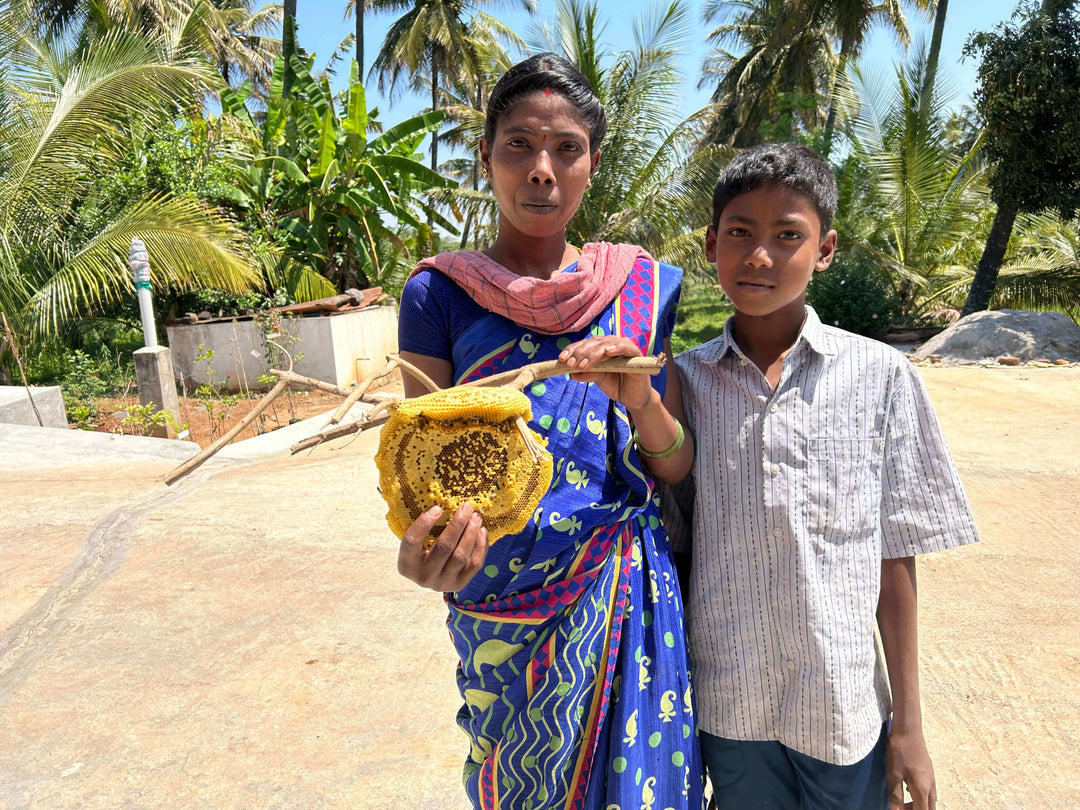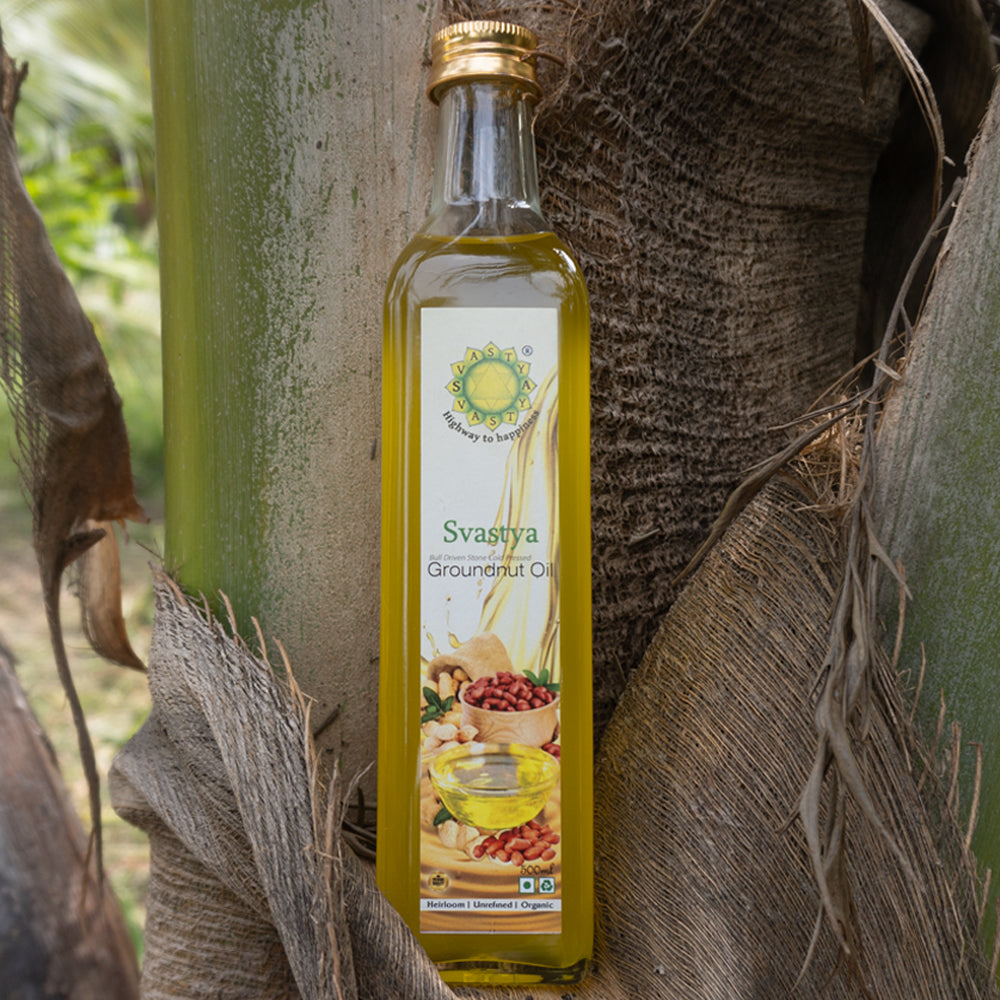Difference between organic vs conventional farming
THE DIFFERENCE BETWEEN ORGANIC AND CONVENTIONAL
The essential difference between organic and conventional farming is that conventional farming relies on chemical intervention to fight pests and weeds and provide plant nutrition. That means synthetic pesticides, herbicides, and fertilizers. Organic farming relies on natural principles like biodiversity and composting instead to produce healthy, abundant food.
Importantly, “Organic production is not simply the avoidance of conventional chemical inputs, nor is it the substitution of natural inputs for synthetic ones. Organic farmers apply techniques first used thousands of years ago, such as crop rotations and the use of composted animal manures and green manure crops, in ways that are economically sustainable in today’s world. In organic production, overall system health is emphasized, and the interaction of management practices is the primary concern. Organic producers implement a wide range of strategies to develop and maintain biological diversity and replenish soil fertility” (USDA, 2007).
THE EFFECTS
Conventional and organic farming methods have different consequences on the environment and people. Conventional agriculture causes increased greenhouse gas emissions, soil erosion, water pollution, and threatens human health. Organic farming has a smaller carbon footprint, conserves and builds soil health, replenishes natural ecosystems for cleaner water and air, all without toxic pesticide residues.







